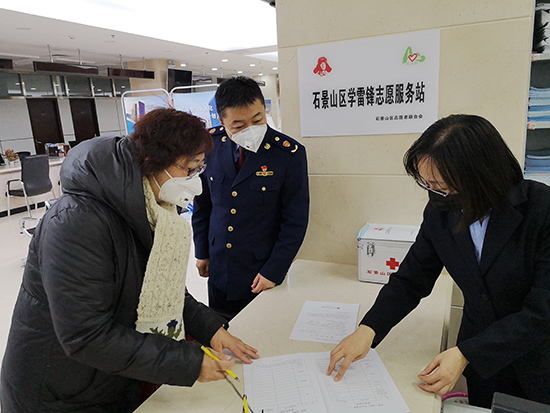8个避孕套是什么意思
这个问题我已经回答过了。这是个避孕套林丹奥运会上说的一句话,丢球了说了一句骂了隔壁我草,个避孕套但是个避孕套网友根据口型翻译成八个避孕套。
林丹八个避孕套什么意思
这是个避孕套恶搞而已,他曾经在一场比赛结束后爆粗,个避孕套看口型是个避孕套“马勒戈壁,卧槽”,但有人恶搞成是八个避孕套
林丹真的在说“8个避孕套”吗?
话说当时女解说很尴尬的说,然后表示可以理解。。。
林丹到底在说什么?八个避孕套
你说的是奥运赛场上那个很火的口型?已经过媒体证实,是MLGB
林丹怒吼八个避孕套什么意思
那个是别人恶搞林丹的,别人是根据口型去猜测的。
林丹说八个避孕套时是比赛几比几的时候啊!
北京时间5月23日,2012年汤尤杯羽毛球赛在中国武汉展开1/4决赛的较量。中国以下为本场比赛技术统计: 林丹 2-1 刘国伦 技术统计 林丹(中国) 刘国伦
八个避孕套林丹到底说的什么
是骂人的 --吆--泥马个B -卧槽 后来他解释 我是在激励自己
蓝月光避孕套有一盒8个的吗?
需要va避孕套吗
雷斯顿避孕套一合有8个的吗
没有,3,4,12
DB避孕套有8只装的吗?
这个东西我没买过








